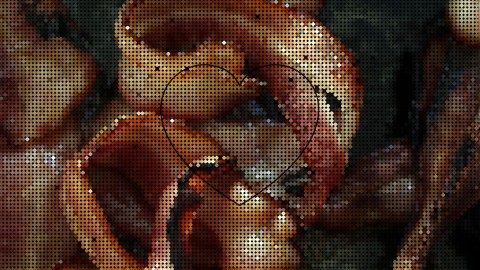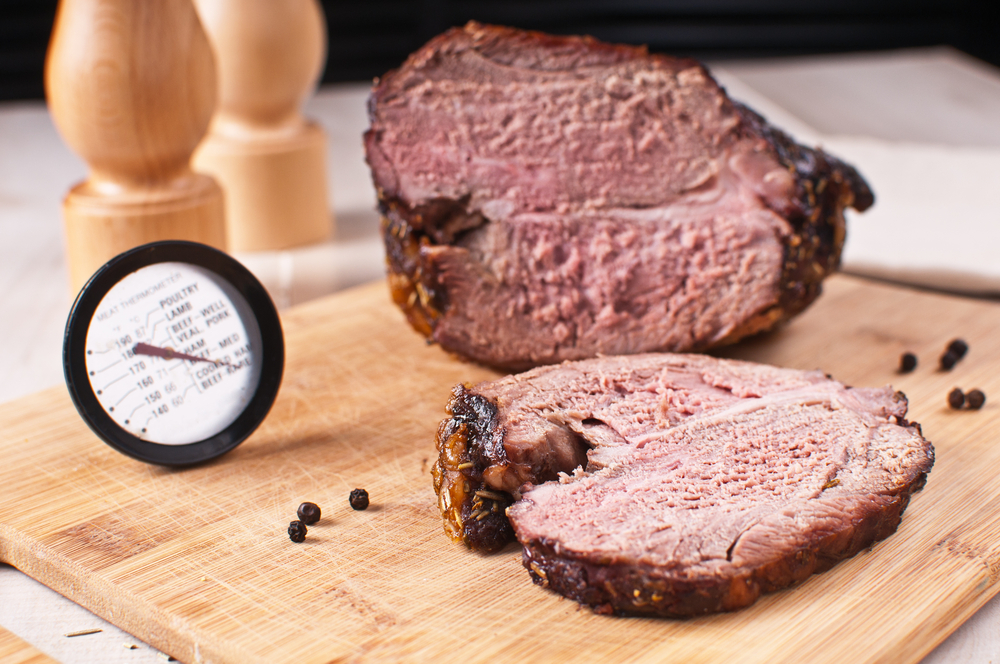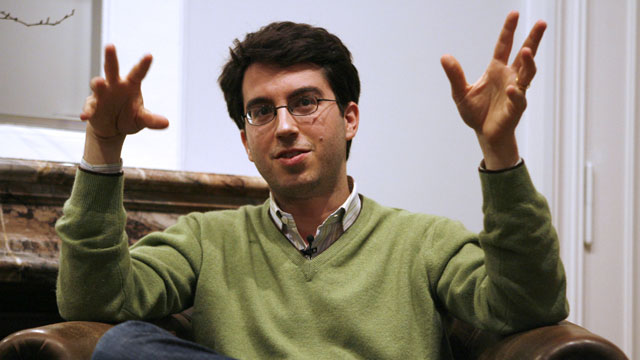You Love Bacon, But Do You Know Why?

We don’t need to eat meat. With things like beans, nuts, quinoa, and tofu available to us in modern grocery stores, we have all the nutritional substitutes we need to replace the nutrients we’d normally get from animal meat. So, why can’t most of us stay away?
A team of Dutch researchers said a while back that it’s, in part, due to the fact that we can’t say no when we smell foods containing carbohydrates and amino acids cooking over a grill — we gotta have it. But that alone shouldn’t save us from the fact that we’re unnecessarily killing and consuming animals. Even after seeing various food documentaries showing the horrors that happen within those industrial chicken and cow farms, we still eat that stuff. So, how do we continue to convince ourselves that this food is OK to eat?
Jared Piazza approached the topic of eating meat from a moral standpoint, wondering how people justifying their actions when they don’t need to eat animals. Piazza made his case in a press release, where he said:
“The relationships people have with animals are complicated. While most people enjoy the company of animals and billions of dollars are spent each year on pet care and maintenance, most people continue to eat animals as food. People employ a number of strategies to overcome this apparent contradiction in attitude and behavior.”
His team of researchers distributed surveys to find out how meat-eaters sleep at night, and they found the typical response among adults and students usually fit into one of four categories: “Humans are natural carnivores,” “Meat provides essential nutrients,” “I was raised eating meat,” and, of course, because “[it’s] delicious.”
“One important and prevalent strategy is to rationalize that meat consumption is natural, normal, necessary, and nice.”
Marion Nestle, nutritionist and academic who specializes in the politics of food, explains that from a health and environmental standpoint it’s better to go vegetarian. However, in her mind, she says either way of life would be fine; just eating less meat would be better.
Read more at Science Daily.
Photo Credit: Shutterstock





